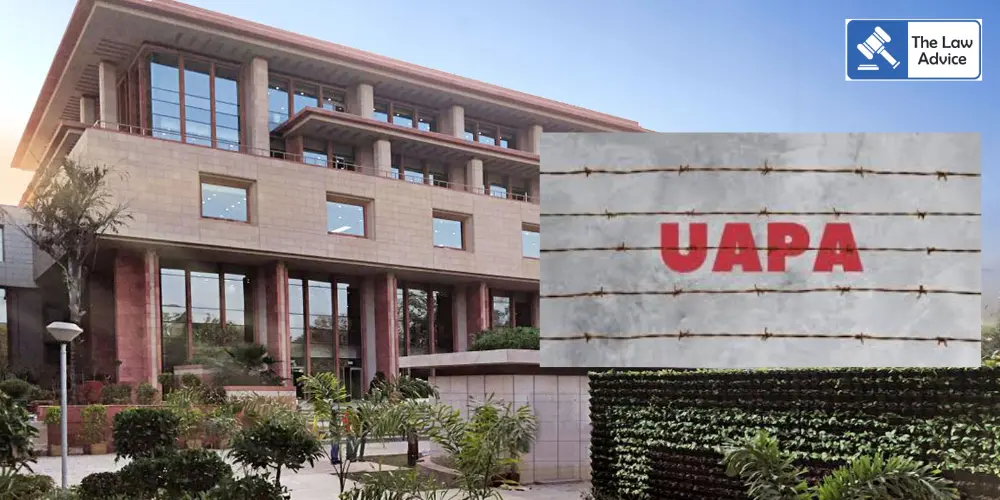
The Delhi High Court has clarified that the functions performed by a Tribunal constituted under the Unlawful Activities (Prevention) Act (UAPA) are distinct from those of a civil court.
A Division Bench comprising Chief Justice DK Upadhyaya and Justice Tushar Rao Gedela observed that the UAPA Tribunal’s primary duty is to examine the reference made by the Central Government — specifically, to determine whether sufficient cause exists to declare an association as unlawful. Unlike a civil court, the Tribunal does not adjudicate disputes (lis) between parties.
“The Tribunal’s function is essentially to confirm the declaration issued by the Central Government under Section 3(1) of the Act,” the Court remarked.
The observation came while the Bench was hearing a plea by the Popular Front of India (PFI) challenging the Tribunal’s confirmation of the five-year ban imposed on the organization.
The Court emphasized that although the Tribunal has the authority to regulate its own procedure — including deciding the venues of its sittings — it does not possess all powers that a civil court enjoys under the Code of Civil Procedure, 1908.
Reiterating the distinction, the Bench said that the Tribunal’s role is limited to confirming or rejecting the Government’s notification declaring an association as unlawful, which is different from the adjudicatory function of civil courts.
Further, the Court explained that a declaration under Section 3(1) of the UAPA does not attain finality merely upon being published in the Official Gazette. It takes effect only when the Tribunal, under Section 4, confirms the notification.
“Reading Sections 3(1), 3(3), 4, and 9 together makes it clear that the Central Government’s declaration becomes final only after the Tribunal’s confirmation. Hence, the Tribunal’s function cannot be equated with the role of a civil court operating under ordinary civil law,” the Court held.
Importantly, the Bench ruled that the High Court retains jurisdiction under Article 226 to issue a writ of certiorari against an order of the UAPA Tribunal confirming the Central Government’s declaration.
It further observed that when a Tribunal upholds the Government’s declaration under Section 3(1), any challenge to that order effectively challenges the Government’s original declaration itself.
Rejecting the contention that a petition against the Tribunal’s order is not maintainable under Article 227, the Court explained that the Tribunal cannot be considered a body under the High Court’s supervisory control since it is presided over by a sitting High Court judge and independently regulates its own procedure under Section 5(5) of the UAPA.
“Article 227 gives the High Court power of superintendence over all courts and tribunals within its territorial jurisdiction. However, as the UAPA Tribunal can hold sittings outside Delhi, to claim that this Court can exercise such superintendence would be erroneous,” the Bench concluded.
Case Title: Popular Front of India v. Union of India
Website designed, developed and maintained by webexy